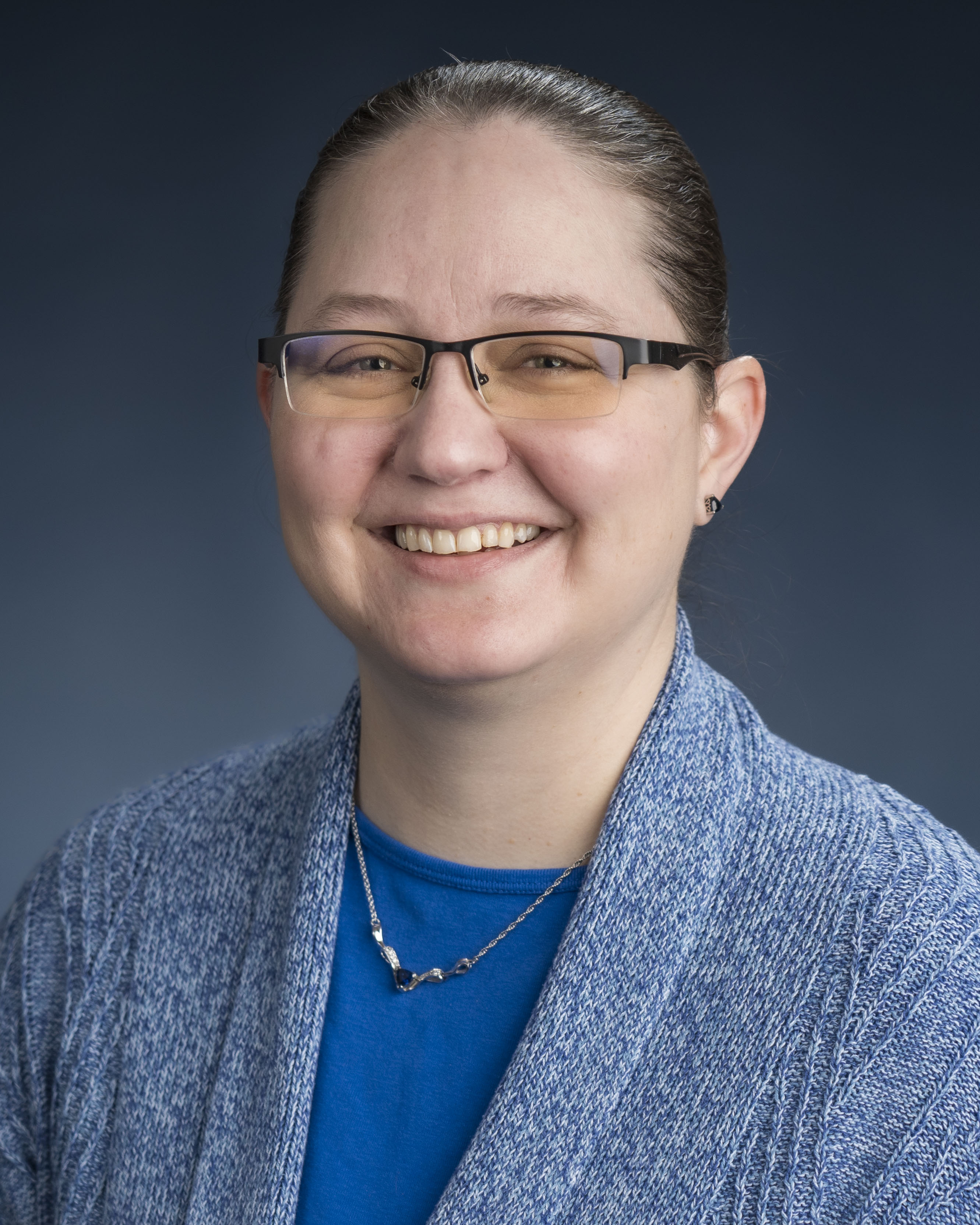Julie Loveland Swanstrom, Ph.D., M.A.

Julie Loveland Swanstrom, Ph.D., M.A.
Associate Professor of Religion & Philosophy
Religion, Philosophy & Classics Department
Education
Ph.D. in Philosophy, 2013, Purdue University; M.A. in Theology, 2008, Fuller Theological Seminary; B.A. in Theology & Philosophy and History, 2005, University of Sioux Falls
Biography
Dr. Julie Loveland Swanstrom joined the Augustana faculty in Fall 2018 and received tenure in Fall 2022. She teaches a range of courses including those in philosophy of religion, ancient and medieval philosophy, ethics, philosophy of science, philosophical theology, historical theology and environmental studies, particularly environmental culture. Her dissertation, on Thomas Aquinas’ and Ibn Sina's (Avicenna’s) theories of causation, explores how the concept of divine creation fits within the structures of causation as understood by Aquinas and Ibn Sina. Some of her publications grew out of this dissertation and explore medieval understandings of causal processes, though she also researches and publishes scholarship of teaching and learning, namely methods for improving students’ critical thinking skills. Some recent publications include Aquinas's understanding of secondary causes, Aquinas’s discussion of virtue as it coheres with his understanding of secondary causes, Augustine's and Al-Ghazali's epistemology and Aquinas's reasoning about abnormal creatures. Swanstrom's forthcoming and current research work includes applying medieval philosophical notions to analysis of science fiction and fantasy works such as the Lord of the Rings, the Harry Potter heptalogy, Wheel of Time and The Witcher. She earned a Ph.D. in philosophy from Purdue University and M.A. in biblical studies and theology from Fuller Theological Seminary. She graduated summa cum laude from the University of Sioux Falls, where she double majored in theology & philosophy and history. She has received the Augustana University Carole Bland Cultivating Faculty Excellence award (2021), in addition to several grants from IFYC/Interfaith America (2020-22), the Institute on Teaching and Learning for Campus-Wide Interfaith Excellence (2021-22) and The Christian West and Islamic East: Theology, Science and Knowledge Project Research Award (2020). Swanstrom regularly includes students in research projects, especially ones engaging philosophically or theologically with science fiction or fantasy works.